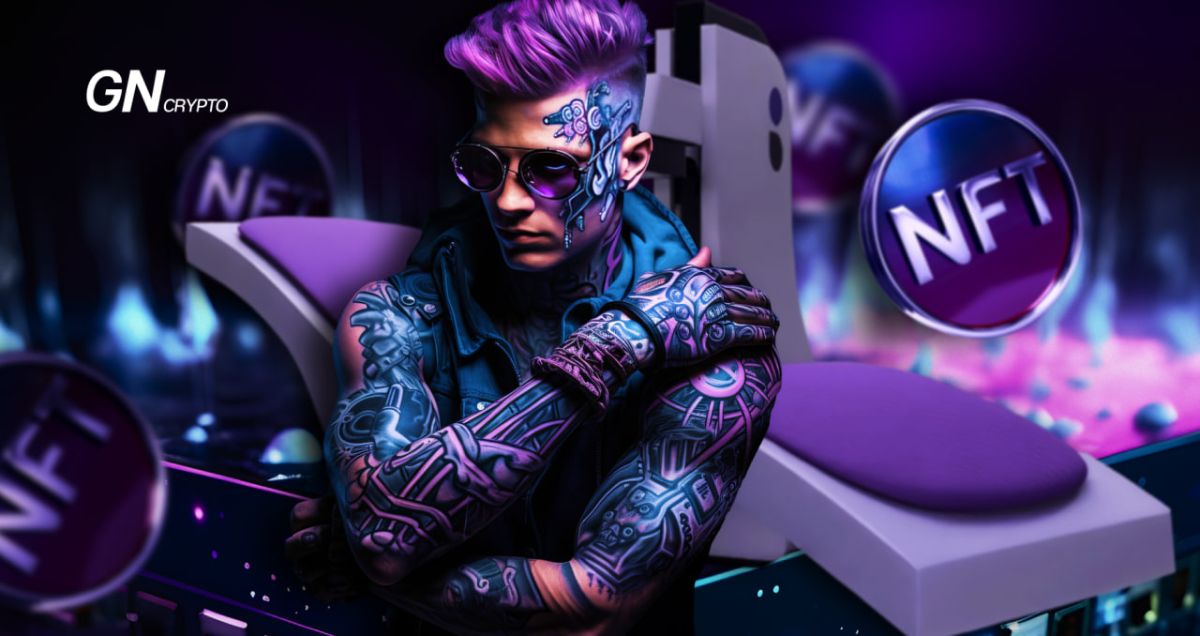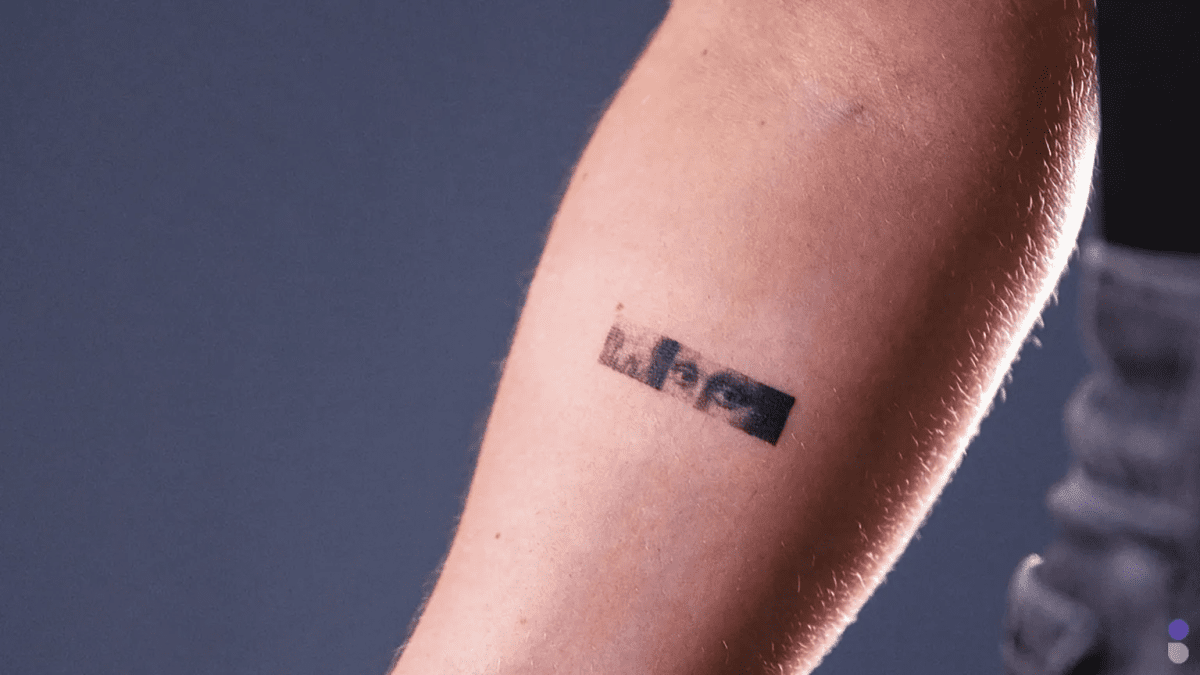NFT Tattoos: Where Art Meets Digital Innovation

US-based company Blackdot has launched a cutting-edge tattooing device that certifies a design's uniqueness via NFTs.
Each time a tattoo comes to life, Blackdot crafts a one-of-a-kind token for the client, underscoring the authenticity and lawfulness of the artistry. This NFT can later find its place in any digital market. Beyond the monetary advantage from subsequent token sales, artists can also monitor how their creations resonate and trend over time.
The innovative use of blockchain by Blackdot was primarily driven by a need for steadfast copyright protection and a reliable system for image royalties. To amplify users' interaction when choosing a tattoo, Blackdot introduced a tailored online platform, which houses a plethora of designs set for monetization, along with handpicked collections.

Blackdot Tattoo. Source: Blackdot’s official website.
From the get-go, Blackdot is showcasing select collections from elite artists who allied with the venture early on. While these premier designs bear a price tag of over $2000, Blackdot harbors ambitions to evolve, broadening its spectrum to include custom designs and embrace diverse artists globally through its Blackdot Certified Artist (BCA) program.
Prominent generative art maestro, Tyler Hobbs, was among the trailblazers to endorse the project. With digital creations that are often priced in the upper echelons, he commended the unparalleled accuracy of the device and the remunerative framework attached. Esteemed tattoo craftsman, Omer Tunca, too, has entered into a foundational collaboration, gifting the company with several of his signature collections.
The emergence of Blackdot is a breakthrough innovation in the tattoo field. Blackdot allows me to easily transfer all these designs to people who like them, without crossing to a different continent. In this sense, it brings us together,© Turkish tattoo artist Omer Tunca.
The developers highlight that the device’s enhanced safety stems from a unique preliminary skin assessment. Before the tattooing begins, the robot conducts a few test pricks. Using a database filled with previous settings, it tailors its approach for each individual, ensuring a reduced discomfort level and a safer tattooing experience.
Joel Pennington, Blackdot’s CEO, is convinced that their groundbreaking technology will not only reshape the tattoo landscape but also transform the royalty payments realm. His optimism extends to attracting keen interest from institutional entities and potential investors, especially as the company has its sights set on the global market, post its official launch, and is in pursuit of financial backing.
Yet, there are pressing concerns, notably around the protection of copyrights upon the resale of these digital tokens. It’s conceivable that individuals might lose their tokens' verifiable authenticity, thereby potentially diminishing the tattoo's intrinsic value. Furthermore, while the device boasts a multitude of advantages, there's an underlying apprehension that it might overshadow and potentially displace talented tattoo artists in the future.

